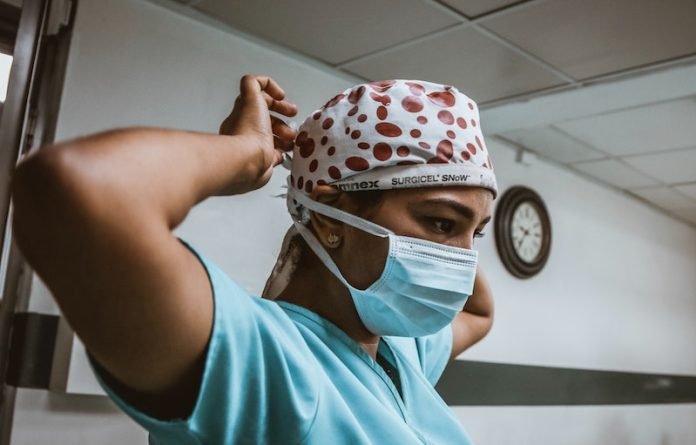
Working night shifts is associated with several negative health outcomes, including an increased risk of infections.
In a study from the University of Bergen, scientists found that shift workers also have a higher risk of severe COVID-19.
They examined how shift work and working face-to-face with others affect the risk of COVID-19 and the severity of the infection.
The team used data from 7,141 workers from 16 countries. These people answered an online survey about their work conditions, whether they had been infected with the coronavirus, how serious the infection was, and whether they had been hospitalized because of COVID-19.
The researchers found those who worked face-to-face with others had—not surprisingly—a higher risk of COVID-19.
However, they did not have a higher risk of getting a more severe outcome of the infection, compared to those not working face-to-face with others.
Compared to daytime workers, shift workers did not have a higher risk of getting infected.
The team explains this by the fact that the virus is very contagious, and that the infection rate in the general society is high.
Once infected, however, shift workers had an almost six-fold higher risk of being hospitalized due to COVID-19, compared to daytime workers.
This supports the hypothesis that sleep deprivation affects the immune system in a negative way.
Other studies show that the response to vaccination is poorer in sleep-deprived individuals. Therefore, shift workers should take their vaccines after a good night’s sleep.
If you care about COVID, please read studies about new way to predict severe COVID-19 and how vitamin B may help fight COVID-19.
For more information about COVID, please see recent studies that many people older than 50 get shingles after COVID-19 infection, and results showing new antiviral drug combo could effectively treat COVID-19.
The study was conducted by Bjørn Bjorvatn et al and published in Chronobiology International.
Copyright © 2022 Knowridge Science Report. All rights reserved.



